Stainless Steel Split Lock Spring Washer DIN 127 Ultimate Helical Spring Washer
Stainless Steel Split Lock Spring Washer DIN 127 Ultimate Helical Spring Washer
- Description
- Reviews (0)
Description
1. What is a Lock Spring Washer?
A lock spring washer, also referred to as a split washer or helical spring washer, is a mechanical fastener designed to prevent nuts, bolts, and screws from loosening under vibration, thermal expansion, or dynamic loads. Unlike flat washers, which simply distribute load, lock spring washers exert a spring force that maintains tension between fastened components.
The washer features a single helical cut with sharp edges that bite into the mating surface and the fastener, creating friction and resistance against rotational movement. This makes it highly effective in applications where vibration or shock could cause conventional fasteners to fail.
2. Common Materials for Lock Spring Washers
The material selection depends on the application’s mechanical demands and environmental conditions:
Carbon Steel – The most widely used material due to its strength and affordability. Often coated for corrosion resistance.
Stainless Steel (Grade 304/316) – Offers superior corrosion resistance, making it ideal for marine, chemical, and food-processing industries.
Alloy Steel (Hardened & Tempered) – Used in high-stress applications like automotive and heavy machinery for increased durability.
Phosphor Bronze – Preferred in electrical applications due to its conductivity and resistance to wear.
Beryllium Copper – Combines high strength with non-sparking properties, suitable for explosive environments like oil rigs and mining.
3. Surface Treatments for Enhanced Performance
To improve corrosion resistance, wear properties, and aesthetics, lock spring washers undergo various surface treatments:
Zinc Plating (Galvanized) – Provides basic rust protection for indoor and general-purpose use.
Black Oxide – Improves corrosion resistance slightly while reducing glare in machinery.
Passivation (Stainless Steel) – Removes free iron particles to enhance corrosion resistance.
Cadmium Plating (Aerospace/Military) – Offers excellent corrosion resistance but is being phased out due to toxicity.
Nickel or Chrome Plating – Used for decorative finishes and added wear resistance.
4. Key Specifications & Standards
Lock spring washers are manufactured in various sizes and conform to international standards:
Common Sizes: Ranges from M2 (2mm) to M24 (24mm) and larger for industrial applications.
Standards:
DIN 127 (European standard)
ANSI B18.21.1 (American standard)
JIS B1251 (Japanese standard)
Thickness & Outer Diameter: Varies based on load requirements.
Hardness: Typically 40-50 HRC (Rockwell C scale) for optimal spring action.
5. Applications Across Industries
Lock spring washers are critical in industries where vibration and movement can compromise fastener integrity:
Automotive & Aerospace – Used in engines, transmissions, and aircraft assemblies to prevent bolt loosening.
Industrial Machinery – Secures motors, pumps, and heavy equipment subjected to constant vibration.
Construction & Infrastructure – Ensures stability in structural bolted joints like bridges and steel frameworks.
Electronics & Appliances – Prevents screw loosening in circuit boards, control panels, and household devices.
Renewable Energy (Wind Turbines & Solar Panels) – Maintains bolt tension in high-wind and dynamic load conditions.
6. Outstanding Use Case: Lock Spring Washers in High-Speed Trains
Problem:
High-speed trains experience extreme vibrations and dynamic forces, leading to fastener loosening in bogie (chassis) assemblies. Traditional washers failed to maintain clamping force, increasing maintenance costs and safety risks.
Solution:
Engineers replaced standard washers with high-grade alloy steel lock spring washers (hardened to 48 HRC) in critical bolted joints. These washers provided:
Superior Vibration Resistance – The spring action compensated for dynamic loads, preventing bolt back-off.
Long-Term Reliability – Reduced the need for frequent re-tightening, lowering maintenance downtime.
Enhanced Safety – Minimized the risk of fastener failure at high speeds.
Result:
The implementation of lock spring washers reduced maintenance intervals by 40% and improved operational safety. This case highlights how a simple yet well-engineered component can significantly enhance performance in demanding environments.
Conclusion
Lock spring washers are indispensable in modern engineering, offering a reliable and cost-effective solution to fastener loosening. Whether in everyday machinery or cutting-edge aerospace systems, their ability to maintain secure connections under stress ensures long-term performance and safety. By selecting the right material, coating, and size, engineers can optimize their use across countless applications.




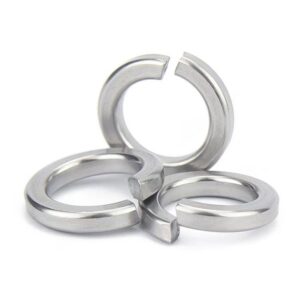



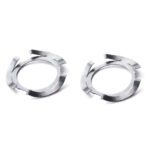
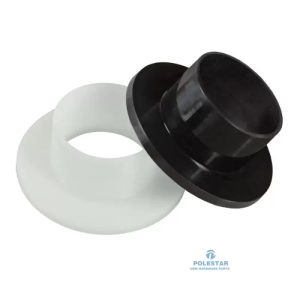
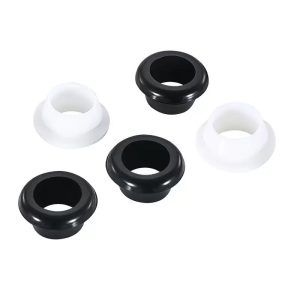
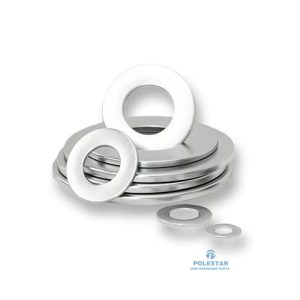
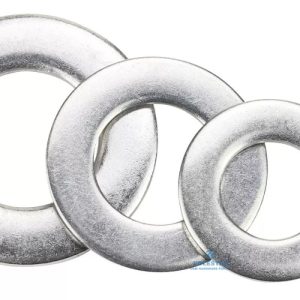
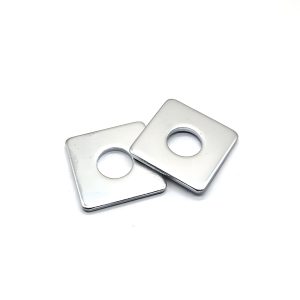
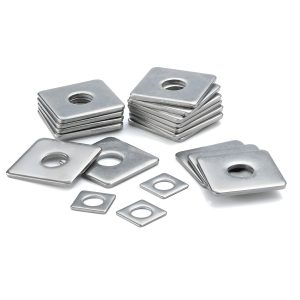
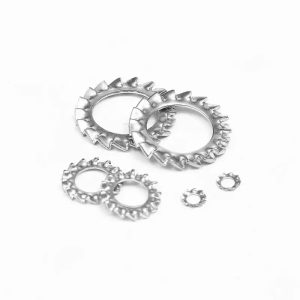
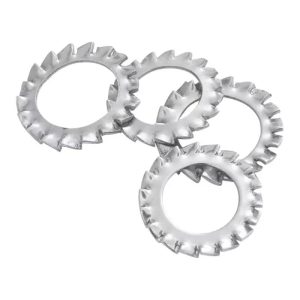
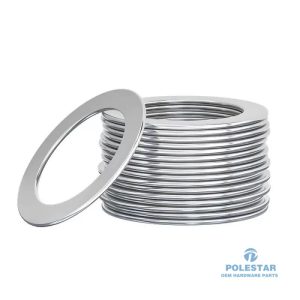
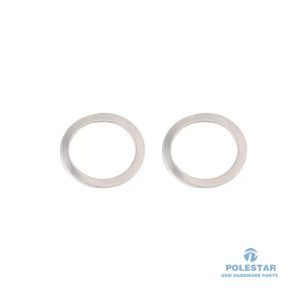
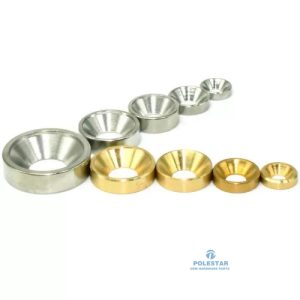
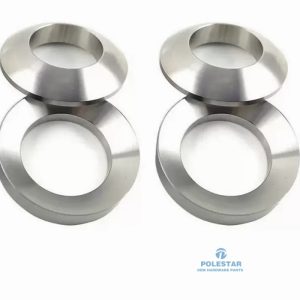
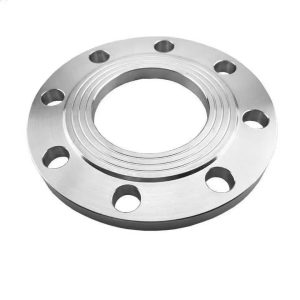
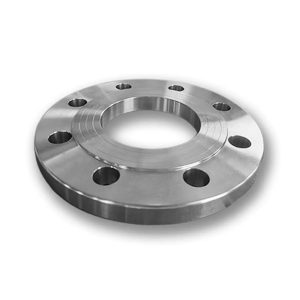
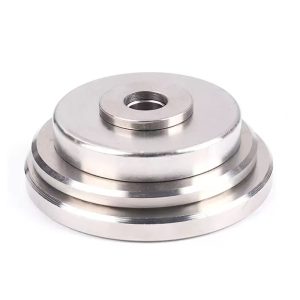
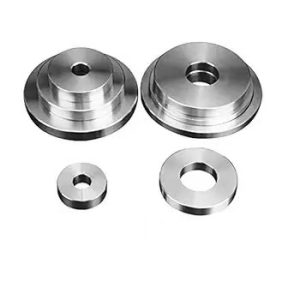
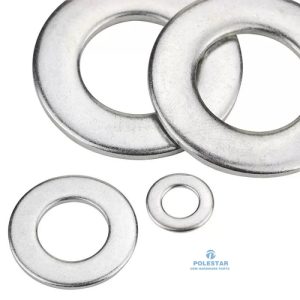
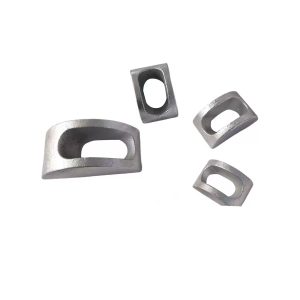
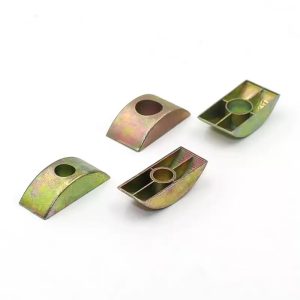
Reviews
There are no reviews yet.